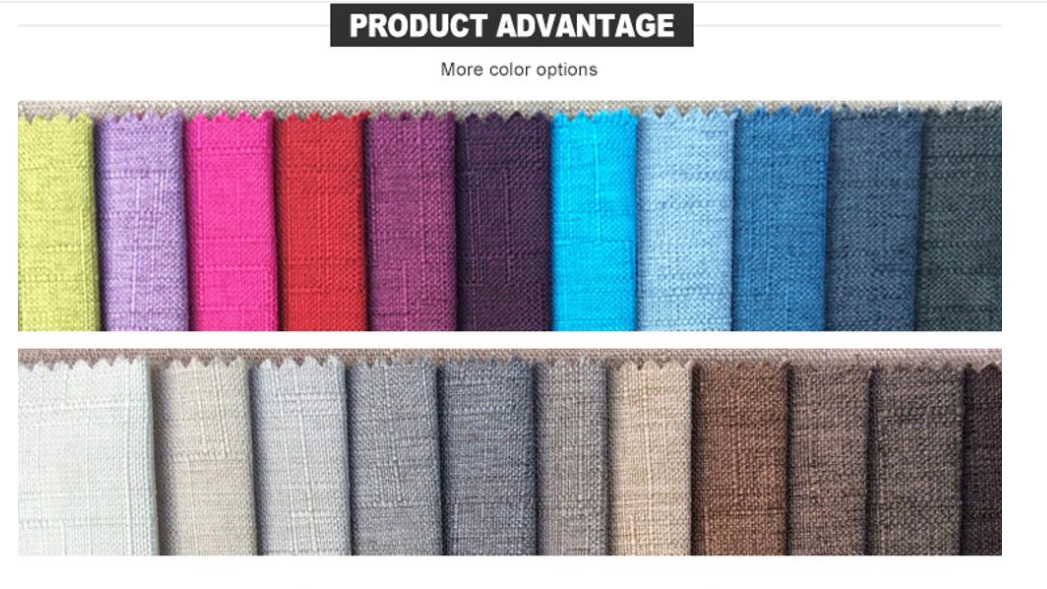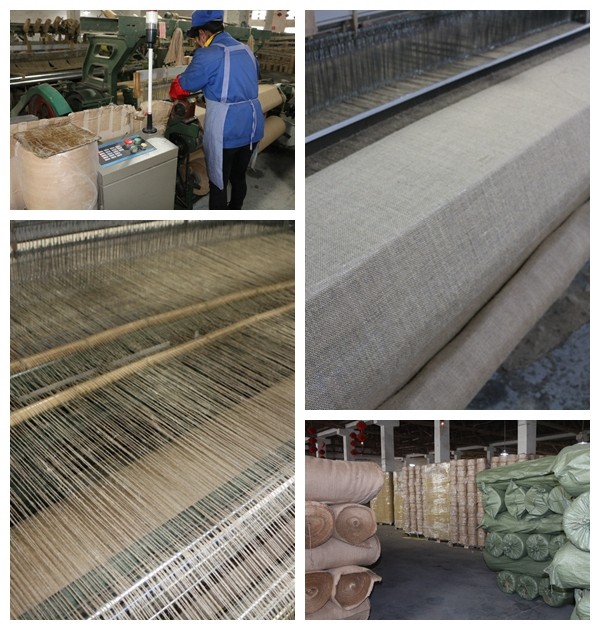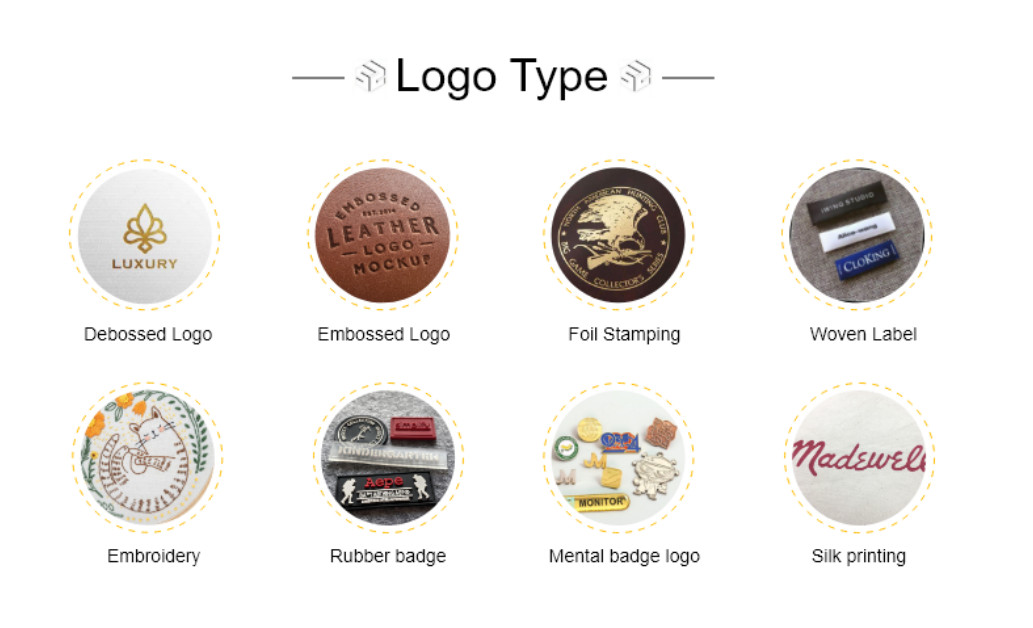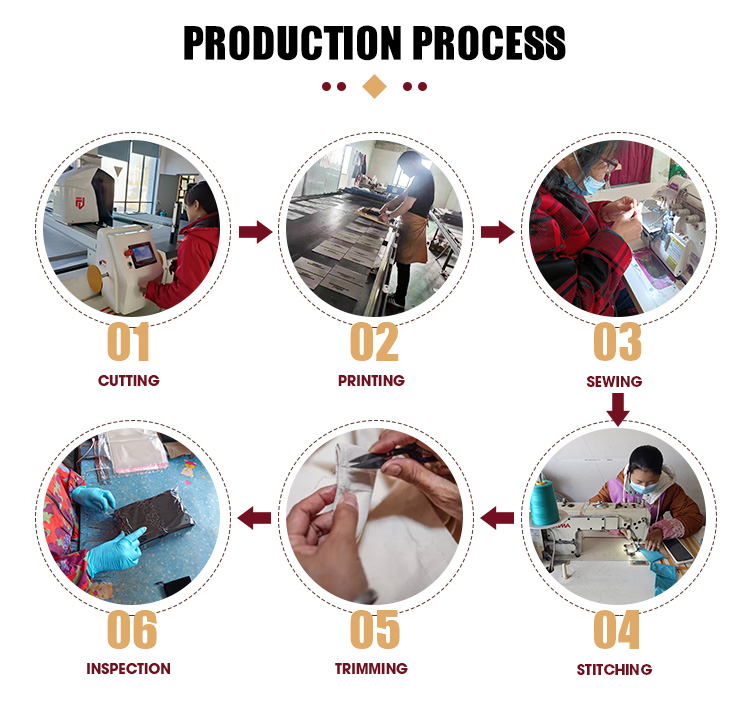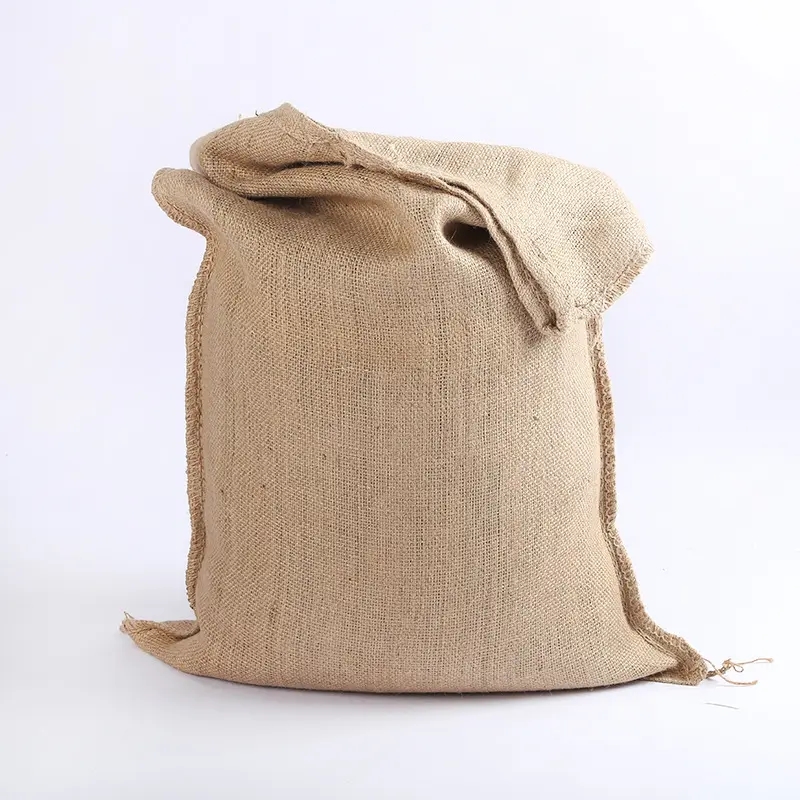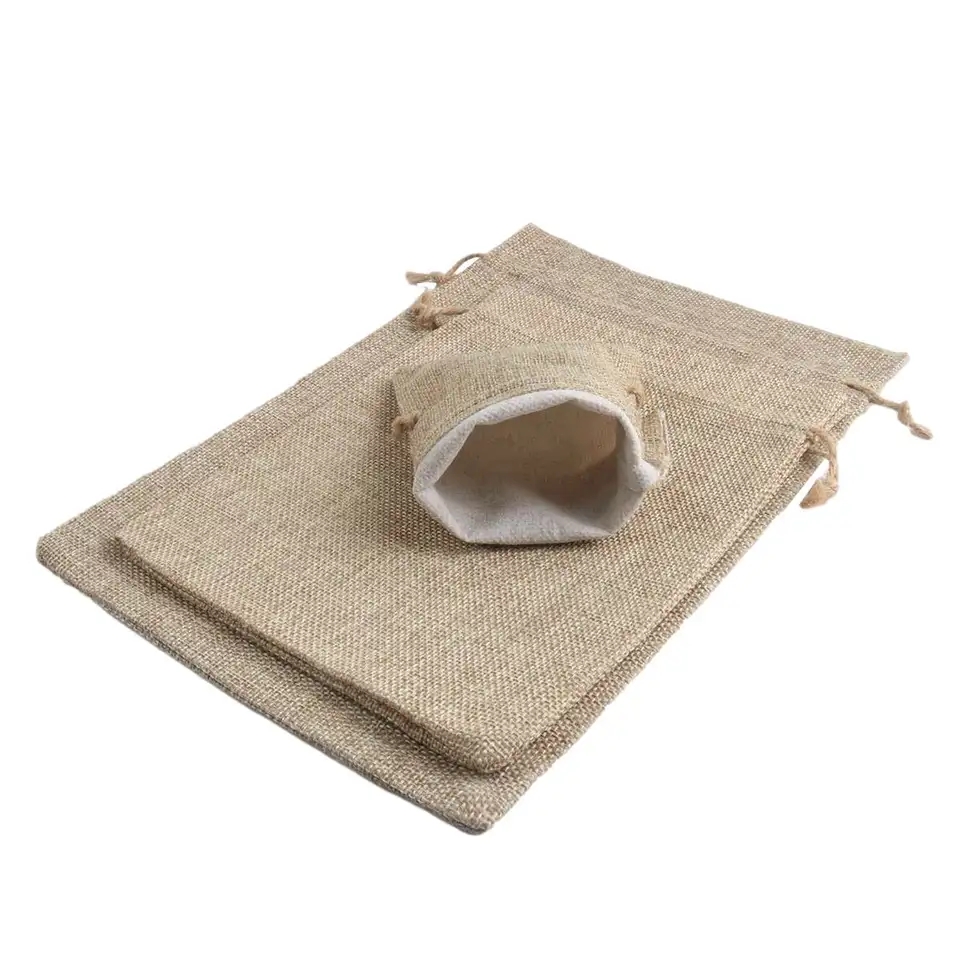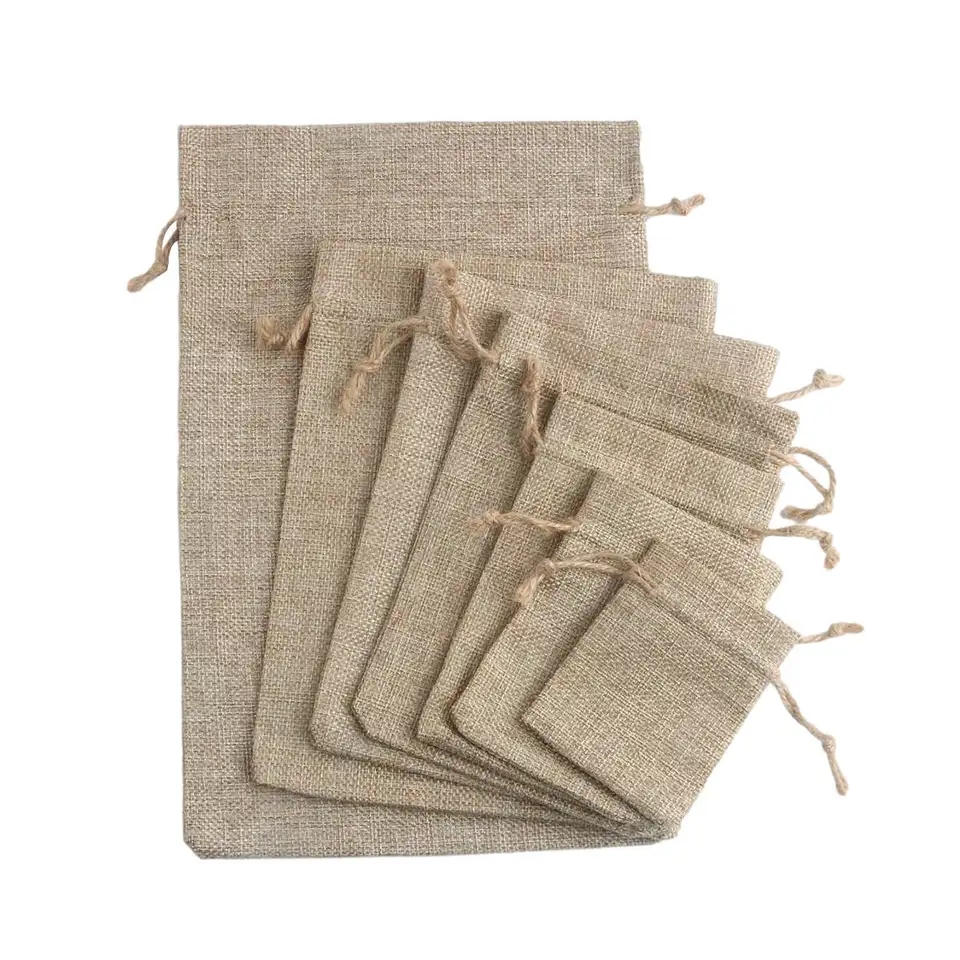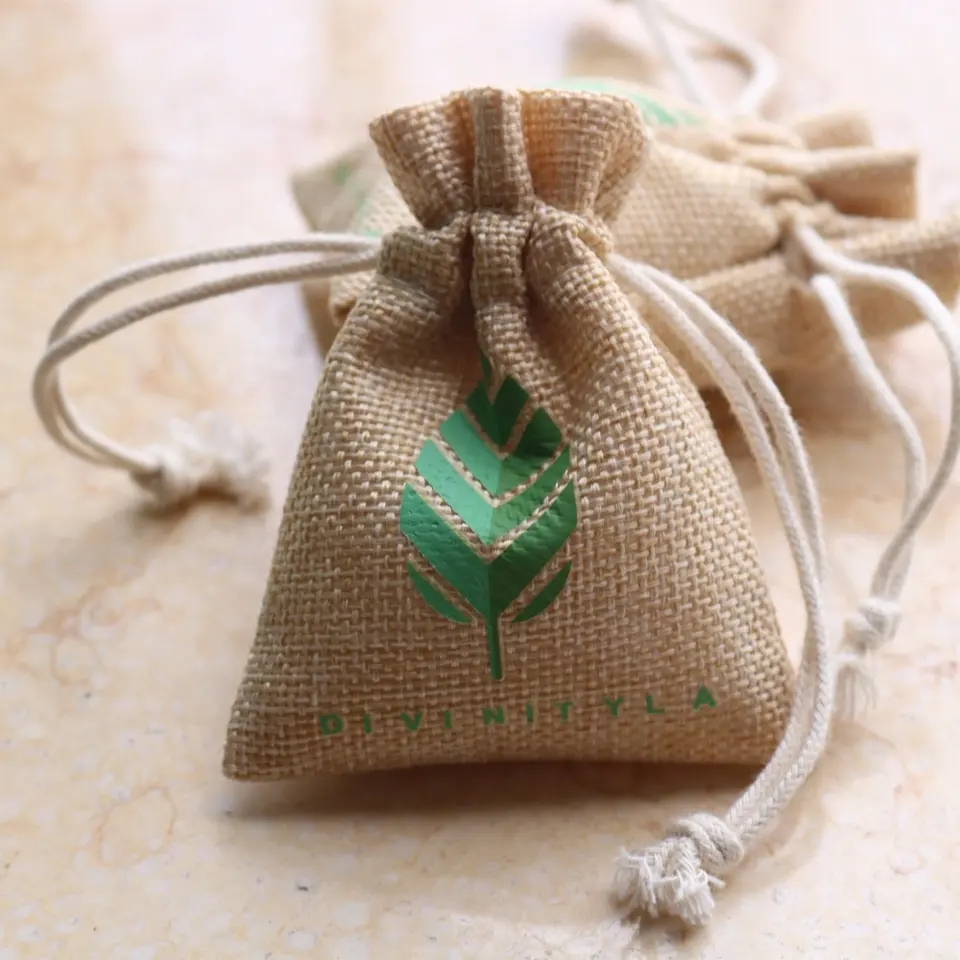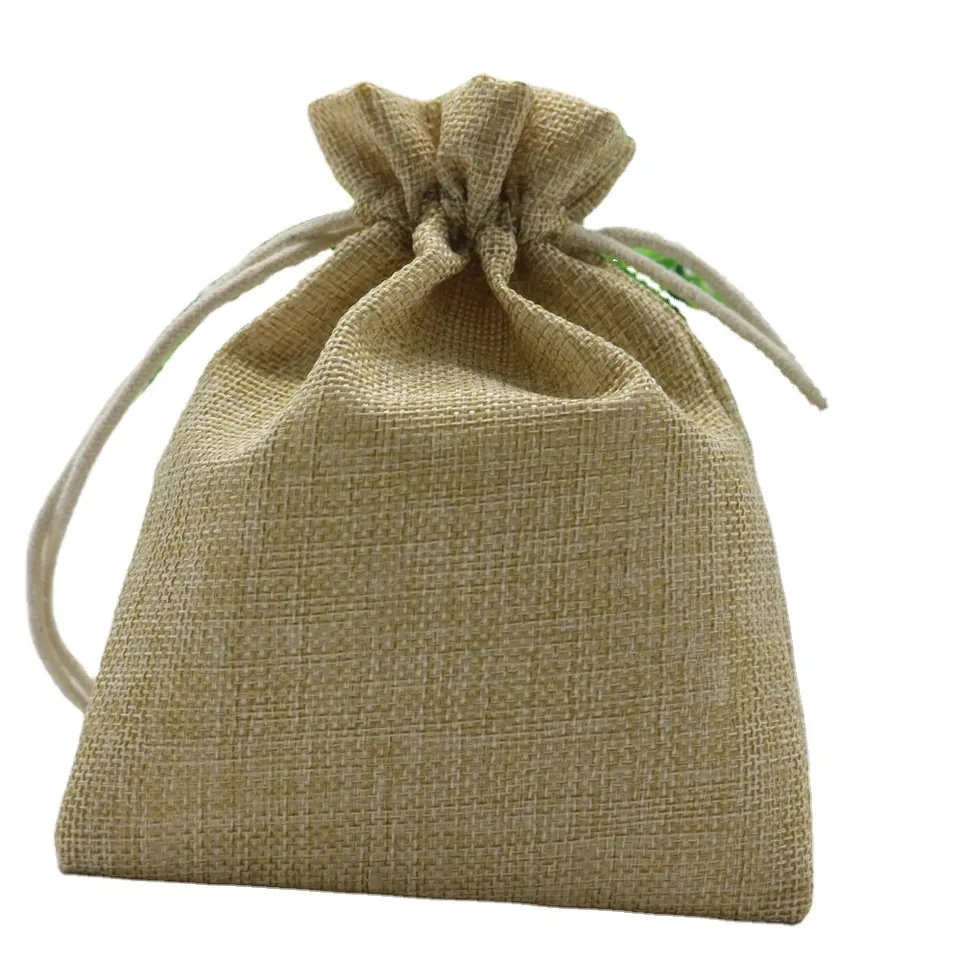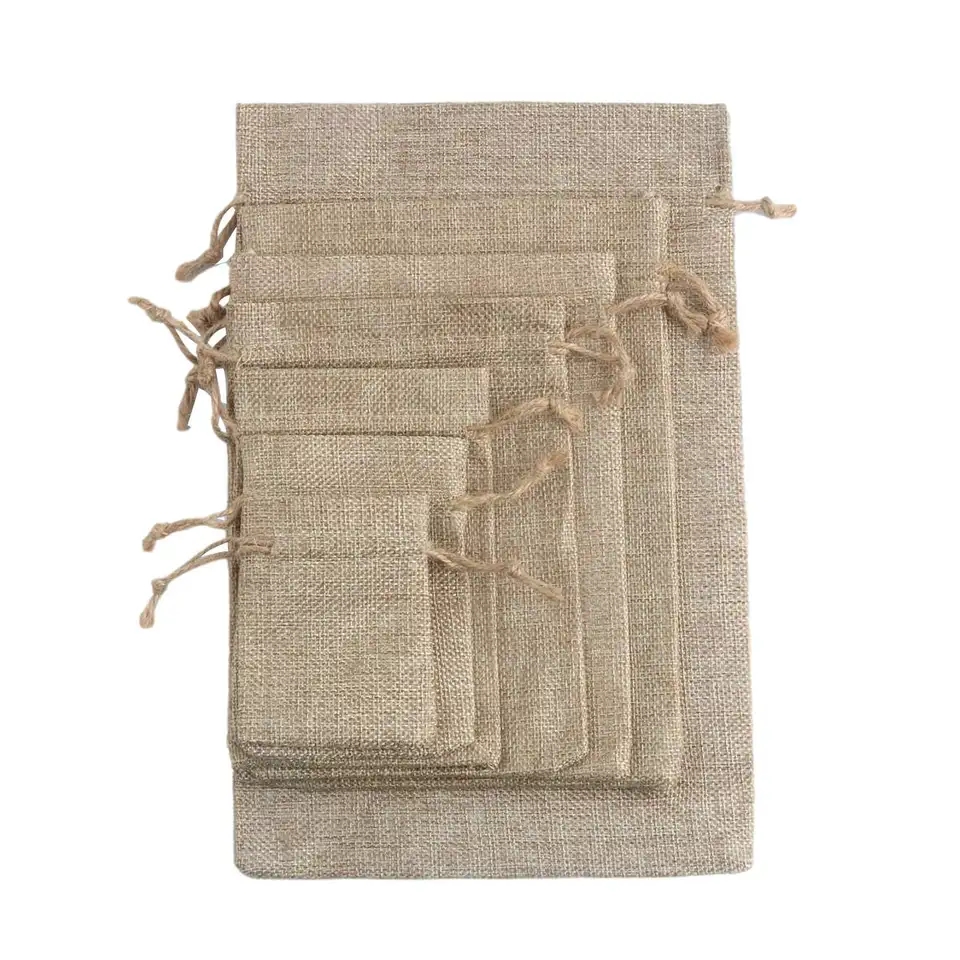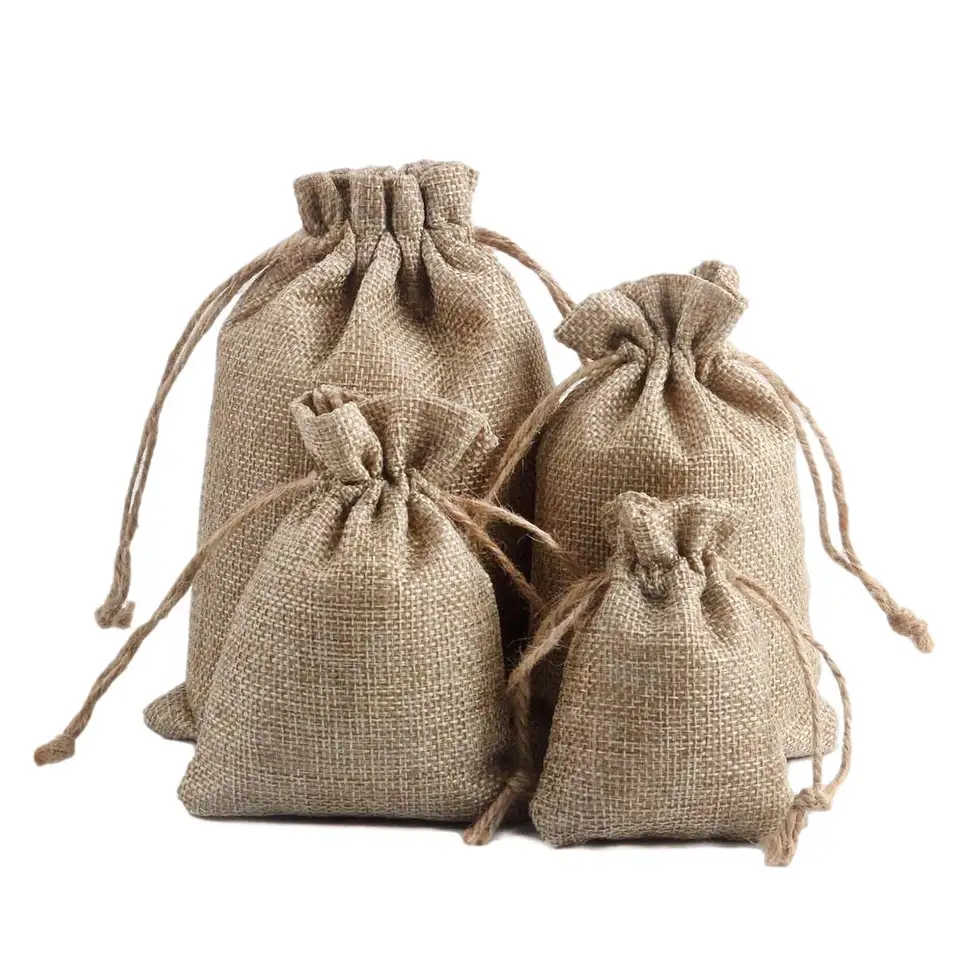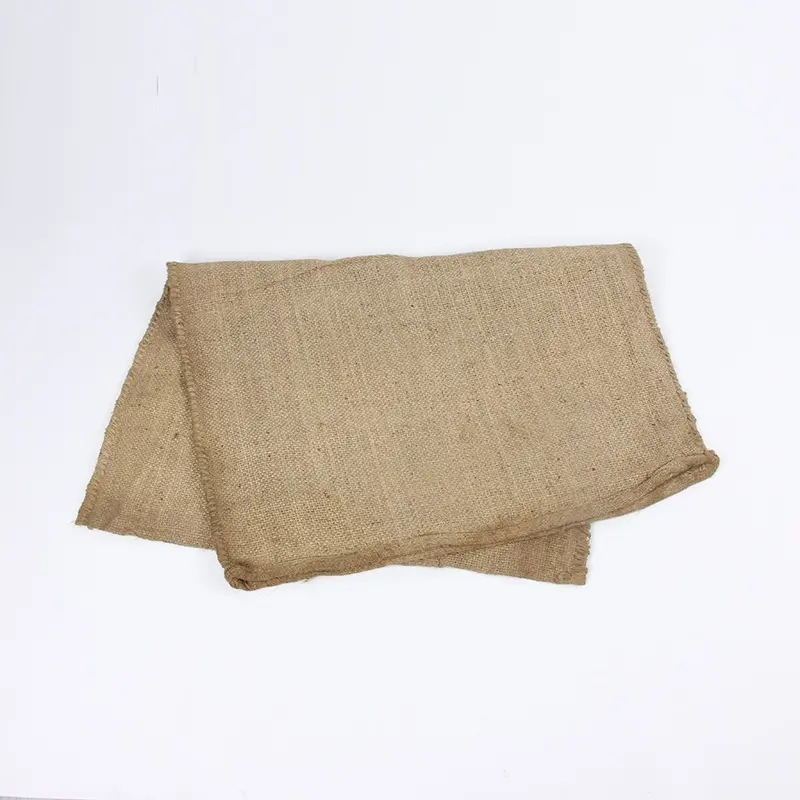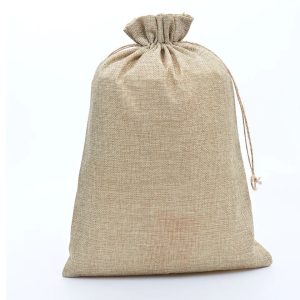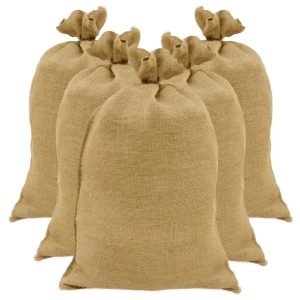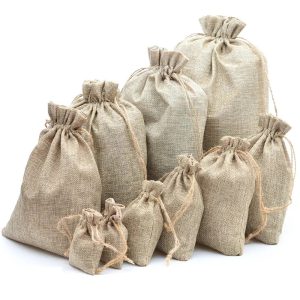Jute Sacks: Crafting a Sustainable Tomorrow Through Packaging
Introduction: In the quest for a more sustainable future, industries are redefining their practices to align with eco-friendly alternatives. Jute sacks, woven from the versatile fibers of the jute plant, have emerged as a leading contender in sustainable packaging solutions. This article delves into the exceptional qualities of jute sacks, highlighting their biodegradability, durability, and pivotal role in driving a more environmentally conscious world.
Eco-Friendly Excellence: Jute sacks exemplify eco-conscious packaging. Comprised entirely of natural jute fibers, these sacks biodegrade harmoniously, leaving no harmful residues. This inherent quality resonates with the global effort to reduce plastic waste and embrace materials that harmonize with the environment.
Strength That Matters: The inherent strength of jute fibers translates into sacks capable of carrying substantial loads without faltering. Whether protecting delicate agricultural yields or transporting industrial equipment, jute sacks stand as steadfast guardians of their contents, ensuring safe transit.
Versatility Unveiled: Jute sacks redefine versatility. Their innate breathability ensures optimal air circulation, making them ideal for items that require proper ventilation. Simultaneously, their strength allows them to cater to a wide array of applications, spanning industries and needs.
Balancing Ecology and Economics: Jute sacks strike a harmonious balance between affordability and environmental consciousness. Their cost-effectiveness compared to synthetic alternatives makes them an attractive choice for businesses seeking sustainable packaging solutions. Furthermore, the cultivation and processing of jute require fewer chemicals, contributing to a reduced carbon footprint.
A Cycle of Renewal: Jute sacks embrace the principles of a circular economy through their recyclability. Beyond their initial use, they find renewed purpose through recycling and repurposing, embodying the industry’s commitment to reducing waste and promoting resourcefulness.
Conclusion: Leading the Shift to Greener Practices: Jute sacks embody the journey towards responsible packaging that embodies strength, adaptability, and environmental integrity. Their biodegradability, inherent strength, and potential for recycling position them as catalysts for change in an era where conscious choices shape progress. As industries and consumers embrace sustainable alternatives, jute sacks stand as symbols of a future where commerce and conservation thrive in harmony.

